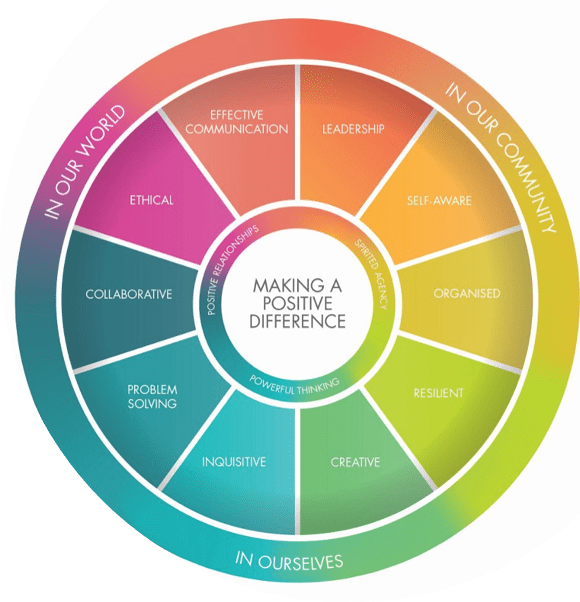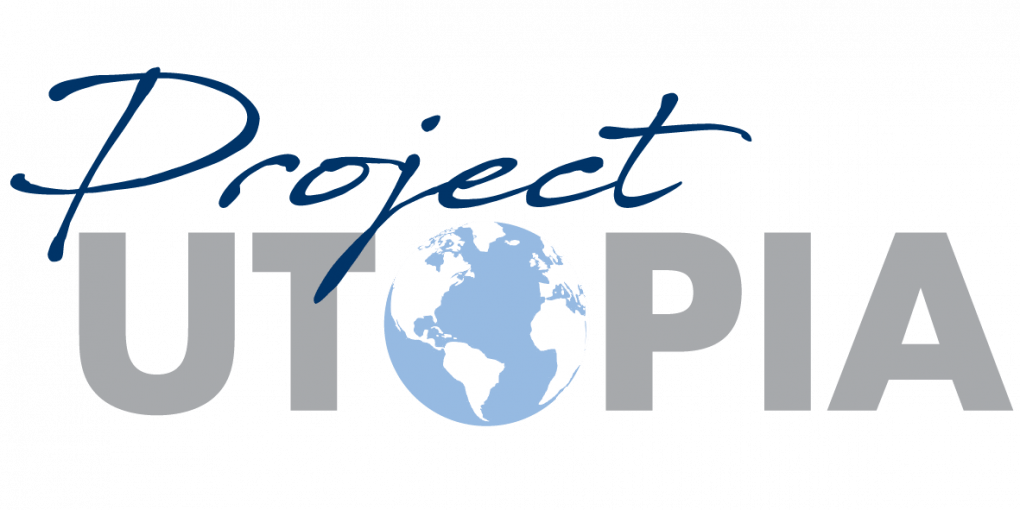Project Utopia is a project that the whole Year 7 cohort had to work on throughout Term 3, the main idea of this project was to rebuild a section of Fremantle Port while making sure that it was as sustainable and eco-friendly as possible.
Design Thinking Process
For this project, we had to use the design thinking process. We had to first connect by looking at examples of underwater restaurants that were built around the world. This process gave us inspiration for some of the design features that we were going to add to our idea. Research was another big part of our idea and the design thinking process. We had to look through many official websites to find answers to lots of questions we needed to know in order to complete the next part of our project. We had to then empathise with Fremantle by going on an excursion to the Fremantle Port. During this process, we learnt that we had to make sure that our idea had fitted in with the current vibe of Fremantle and made sure that we weren’t creating a whole new thing with a whole different vibe. We then had to define our project. This part of the project was extremely important as we hadn’t made sure a hundred per cent where our idea was heading, it could slowly go towards another direction without us even knowing.
Next, we had to ideate by brainstorming all the ways you can think of that people may work, live & play. During this process, we learnt that even though we tried our best, it was impossible to make our idea a place for everyone in Fremantle. We then had to prototype. Our group decided to draw two sketches. One for the restaurant and one for our rooftop garden. During this process, many factors that we hadn’t thought about had popped up, e.g where the elevator was going to face and how we would locate our spiral staircase.

ASC Capabilities
During Project Utopia, we had to use many of the ASC Capabilities. The ASC Capabilities are a set of skills that were created to help us in life. Some examples of the ASC Capabilities are Collaboration, Organisation, Communication, problem solving and creativity. In this project we used collaboration as if we hadn’t collaborated during this project, our understanding of this project wouldn’t be as high. Collaboration was used during this whole project. Some examples would be when we were doing our research. We had opened a collaboration space on OneNote and each person was doing an area of research. Another example is where we were creating our vision board. We used organisation when we had to write our speeches as we each needed to do our part and put it together.
Organisation was extremely important in this project as if we had not had good organisation skills, then our time management would be poor. We had to use communication when we had to put together our vision board, we communicated on Microsoft Teams to see what we needed to get done to put on our vision board. Also, when we were writing our speeches, we had to communicate with each other regularly to make sure that our speeches didn’t have things that overlapped. Problem-solving is essential for this project as we had faced an abundant number of problems. An example of this we had to problem solve when one of our ideas for purifying the water didn’t work. We had to change our idea from osmosis to using seaweed. We had to use creativity when we had to pivot our idea from an underwater viewing point to a restaurant and a conference space. We had to pivot our idea because we realised that our original idea wouldn’t generate any income.

Liveability and Sustainability
Restaurants are an important part of increasing people’s perspective of how livable a place is. As our idea includes a panoramic underwater view, we would have to purify the water using a sustainable way. Our first idea was to use osmosis but then after some research, we had found out that wouldn’t work, therefore we had to pivot our idea to using seaweed instead of osmosis. The main types of seaweed we used to purify the water are fresh green seaweed, North Sea seaweed and freshwater seaweed. Seagrass is also good to stop pollution in the ocean and to purify the water.
UN Global Goals
For Project Utopia, we had to connect our idea to the UN Global Goals. The UN Global Goals are a set of seventeen goals that when achieved, are supposed to make the world better by 2030. For our idea, we focused on two main global goals. Decent work and economic growth and life below water. Decent work and economic growth is the eighth goal and is created to make sure that financial progress creates decent jobs while not harming the environment. Our idea includes a conference and meeting space, this will help create much more jobs for the region including cleaners, managers etc. This facility is also providing facilities for people and small businesses to rent out for work purposes. Life below water is the fourteenth goal and was created to focus on healthy oceans and seas as they are essential to our existence. Our project is going to improve life below water as we will be placing a shipwreck into the harbour to bring back more fish and marine animals, at the same time our shipwreck will provide natural habitats.

Vision Boards
For this project, we needed to create a vision board that was used to show our research. But before we even got our cardboard, we had to create a plan of a sheet of butcher’s paper. In this process, we had to collect many images that were related to our idea. This process had taken a large amount of time as making sure that we could still fit all the pictures on it on, and it doesn’t get too overwhelming. After we had collected all our images, we had to fidget with it and fit it all on our butcher’s paper and at the same time make sure it looks aesthetic. After we had created our plan, we started on the actual vision board.

Overall, Project Utopia gave us a real-life experience of working for a company. In this project, we improved our skills of collaboration, organisation, communication, problem solving and creativity. In the process, we also learnt about UN Global Goals and the factors of liveability.
